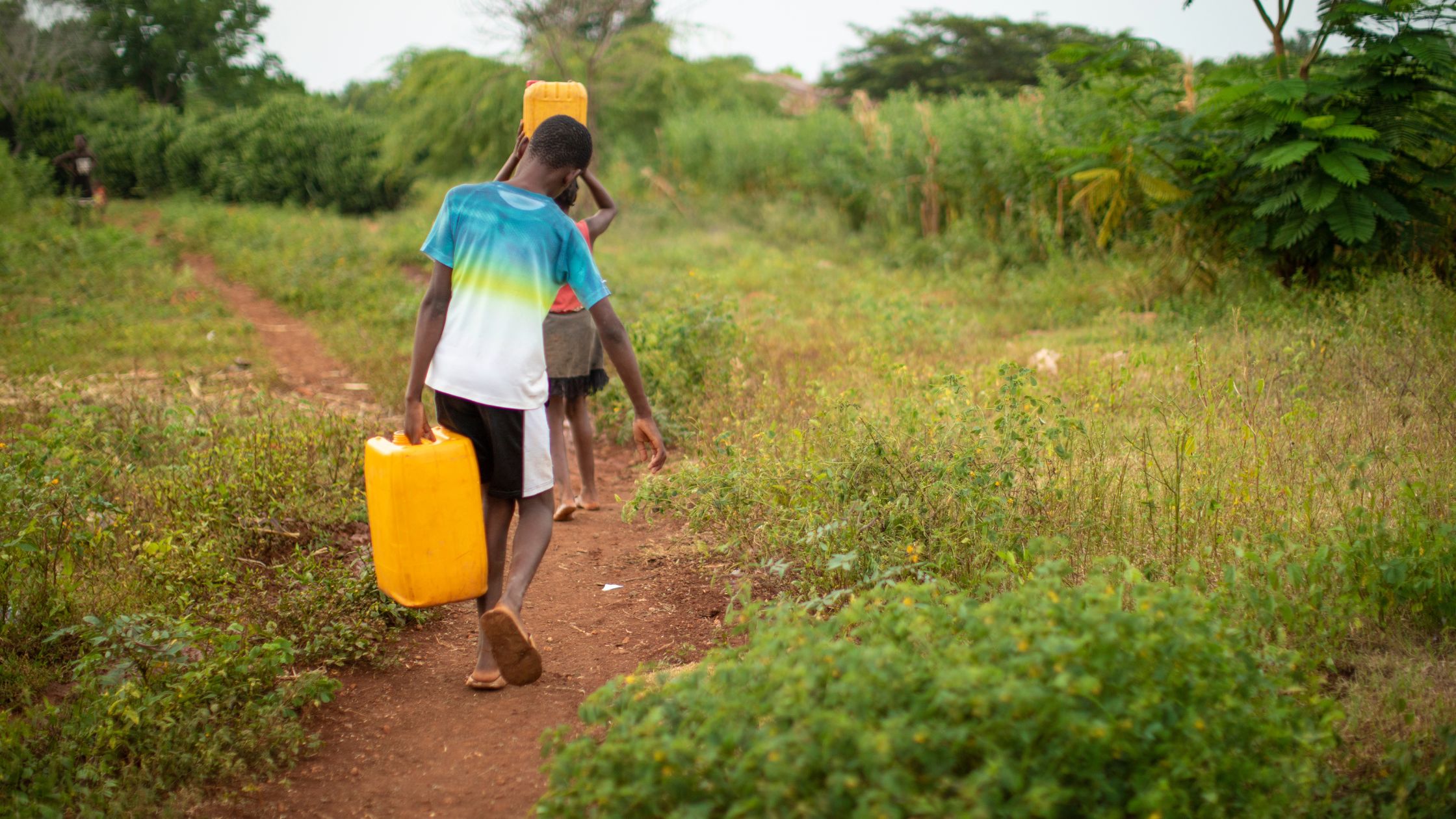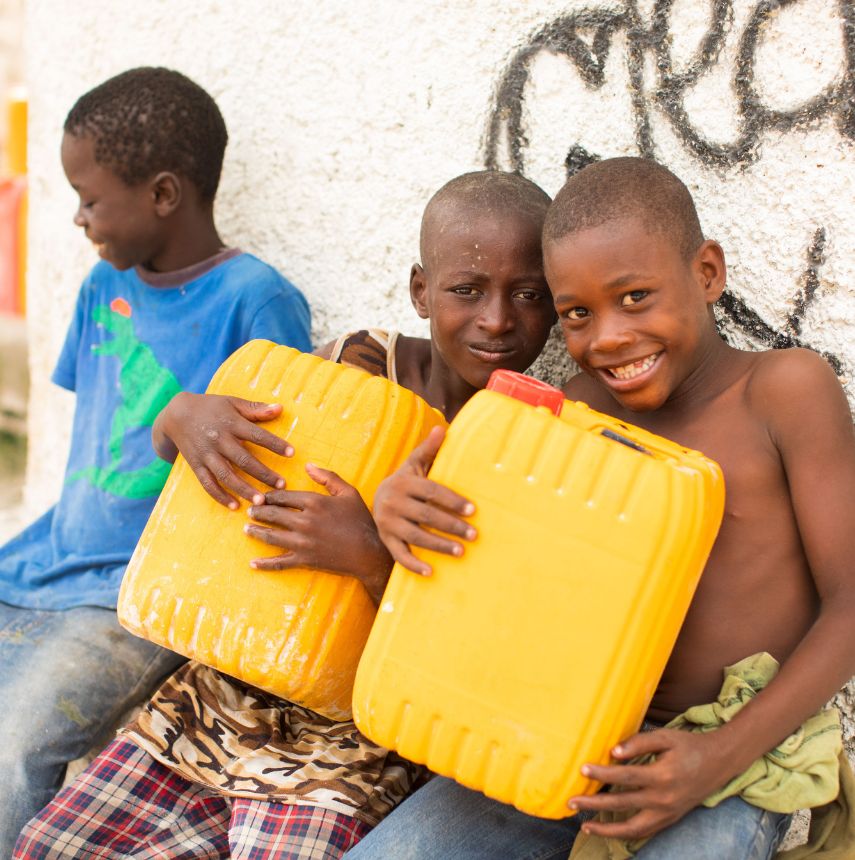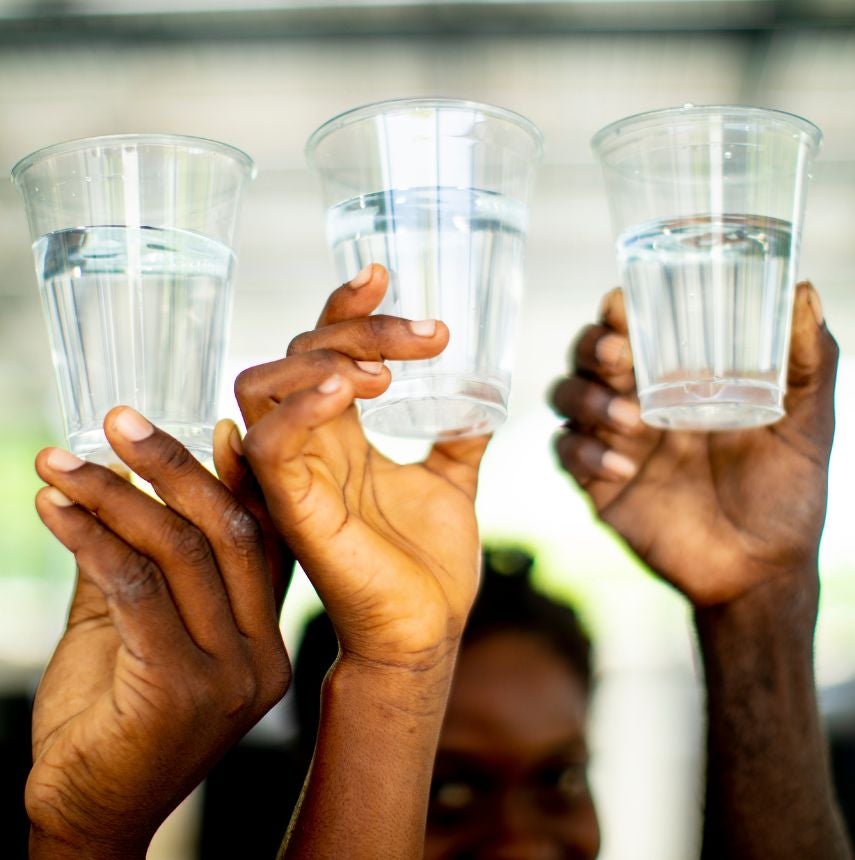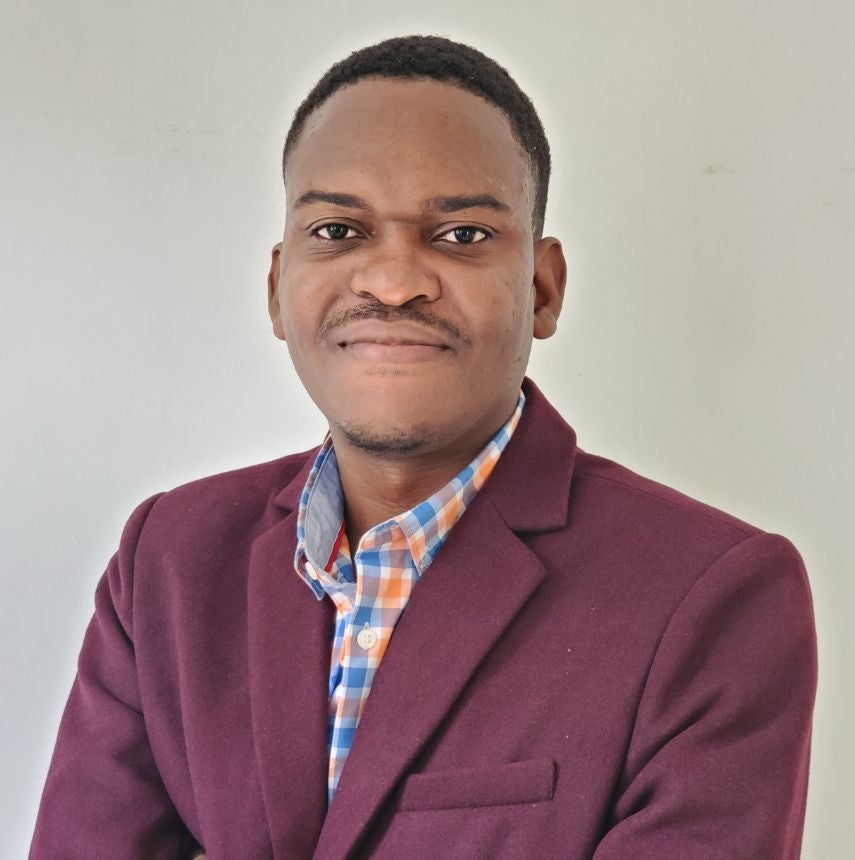
Access to Clean Water, a Fundamental Human Right
Two months ago, I visited a small community in the beautiful mountain region on the island of LaGônave, Haiti. For more than eight months, the people confronted a rise in cholera due to the lack of clean water. The health and lives of many were at risk because of deadly disease and lack of access to medical facilities. The closest water source is four hours walking. The rainy season allows them to collect water in containers. Unfortunately, because of climate change, the dry season is now lasting longer, and people are suffering. They must walk dozens of kilometers to find water. Should people be subjected to such situations in the 21st century?

Access to water is a universal and inalienable right; no one should be deprived of clean water. In countries such as Haiti with internal conflicts, wars, economic crises, and insecurity, basic human rights, such as water access, are regressing and have become a luxury. For over 25 years, World Hope International has been serving people and communities globally to provide sustainable livelihood, dignity through basic human rights, and access to clean water.
For the 75th International Human Rights Day, World Hope International emphasizes the theme “Access to clean water as a fundamental human right,” highlighting the profound impact of water scarcity on vulnerable communities. This right, according to the UN, ensures sufficient, affordable and accessible water for every human.
In inner-city Port-au-Prince, in 2021, World Hope International provided emergency medical care for a young girl who had been shot while fetching water for her family. We often hear heartbreaking stories like hers. I know of a mother of four who used sea water for her family’s needs because gunfire between rival gangs in her neighborhood cornered her and her family for more than a week. A year later, World Hope built a water point in one of its partner schools in this neighborhood. Today, more than 200 families have access to water.
UNICEF reports 1 in 4 people in the world lack access to drinking water. In Haiti, socio-political crises and escalating gang violence increasingly hinder water access. Rural access to drinking water supplies and sanitation services is low and decreasing. In 2020, 43% of Haiti’s rural population had access to basic drinking water supplies, according to The World Bank. Women and girls living in unsafe neighborhoods and rural areas must travel long distances to find water for their most basic needs, making them vulnerable to disease and violence.

World Hope International will not stop its mission to bring clean water to men, women, and children around the world. We are working to build a 60-cubic-meter reservoir that can store rainwater to serve the people in the remote, mountainous region of La Gonave, Haiti, where it is not feasible to drill a well. We will continue to work to find clean water solutions for every community we serve. Drinking water must be accessible to everyone, especially the most vulnerable.

David-Kensley Saintil Saintilus
Haiti Child Sponsorship Manager
World Hope International
